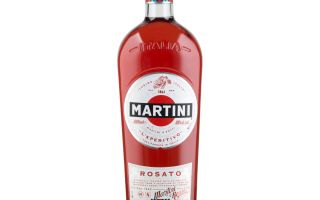Content
Martini is an alcoholic beverage that belongs to the vermouth class. According to established standards, its strength should not exceed 18%. The martini contains about 35 herbs. Also, when preparing it, seeds, roots, inflorescences rich in essential oils are used.
What's in martini
Martini is a vermouth, an alcoholic beverage infused only with herbs.
In the manufacture of the collection, the following plants are used:
- mint;
- sagebrush;
- coriander;
- cloves;
- yarrow;
- chamomile;
- St. John's wort;
- nutmeg;
- laurel;
- caraway;
- cinnamon;
- ginger.
This is an incomplete list of the herbs that make up the martini. It also contains fruit and flower extracts that are produced directly in factories, in some types - caramelized syrup.
The taste of the drink is due to the unique combination of spices, plants and used wines. It first appeared in 1863. The recipe was developed at a distillery in the Italian city of Turin by the herbalist Luigi Rossi.
Martini varieties
On sale you can find 12 types of drinks of the Martini trademark, which are produced in Italy. Vermouth Martini differ in composition and the amount of sugar that is added during their preparation.
There are four main types:
- red Rosso;
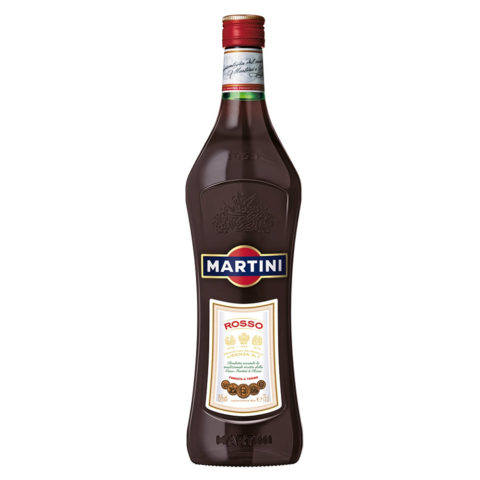 The Rosso variety is distinguished by a pronounced herbal aroma, rich color, bitter aftertaste
The Rosso variety is distinguished by a pronounced herbal aroma, rich color, bitter aftertaste - pink Rosato;
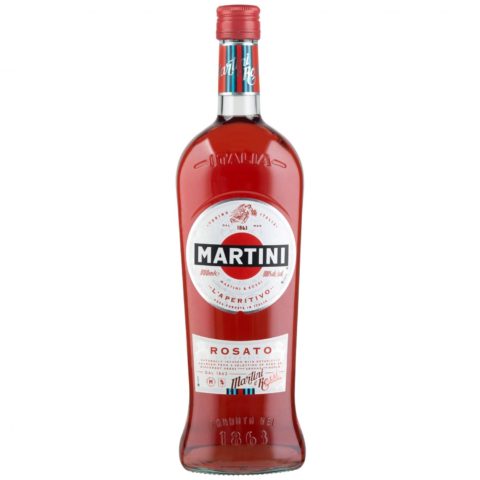 Rosato is made from a mixture of red and white wines, with notes of cinnamon and cloves.
Rosato is made from a mixture of red and white wines, with notes of cinnamon and cloves. - white Bianco;
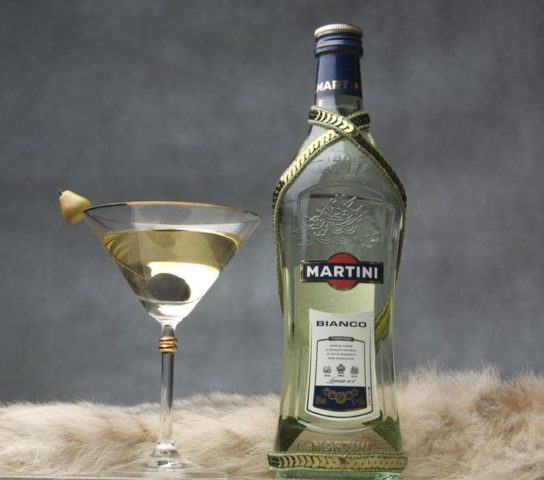 Bianco can be recognized by its straw color, mild taste without bitterness, spicy aroma
Bianco can be recognized by its straw color, mild taste without bitterness, spicy aroma - Extra dry.
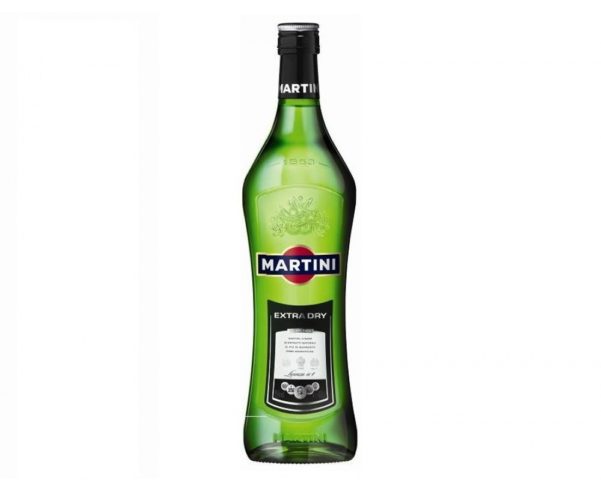 Extra Dry is the strongest drink in the entire range, with a low sugar content
Extra Dry is the strongest drink in the entire range, with a low sugar content
Also on sale you can find varieties Bitter, D'oro, Rose, Asti, Fiero, Brut, Prosseco. The Spirito Martini is produced especially for men. This is a vermouth with an increased strength (33%), it was developed in 2013.
Calorie martini per 100 grams
Each type of martini has its own calorie content. It depends on the type of wines used, the amount of added sugar. The strength of the drink also matters.
The calorie content of undiluted Martini is 145 kcal per 100 g of alcoholic product.
The health benefits of martini
Martini is a medium-strength alcoholic beverage. But when consumed in moderation, it has health benefits. It is recommended to drink no more than 50 ml per day.
Due to the presence of wormwood extract in the composition of the alcoholic drink Martini, the product stimulates the production of bile, cleanses it and improves the combination of enzymes contained. As a result, the condition of patients suffering from diseases of the bile ducts, intestines, and stomach is normalized.
The unique combination of herbs and spices is used for therapeutic purposes. The drink is recommended to drink for the prevention and treatment of colds. For this, 100 ml is heated to 50 ° C, mixed with 2 tbsp. l. honey and juice from two large leaves of aloe. The remedy should be used for preventive purposes or when the first signs of a cold appear. The recommended regimen is 1 tbsp. l. on an empty stomach before meals three times a day.
It is possible to improve the health of patients with hypertension, angina pectoris if you make motherwort tincture based on vermouth. Martini and herb juice are mixed in equal amounts. Prepare the product for 24 hours. You need to take the medicine 25-30 drops twice a day.
To stimulate the immune system, traditional healers recommend drinking an alcoholic tincture of elecampane prepared on the basis of Martini. Previously, a concentrated decoction is made from 20 g of plant root and 100 ml of water. It is mixed with 300 ml of vermouth and allowed to brew for two days. You can use the product daily, 50 ml.
Contraindications and health risks of martini
Before using, you need to consider not only the beneficial properties of the martini, but also the possible harm from the drink. The list of contraindications includes:
- children up to age 18;
- pregnancy;
- lactation period;
- diseases of the liver, kidneys, gastrointestinal tract.
It is forbidden to use vermouth for people who need to drive vehicles or complex mechanisms.
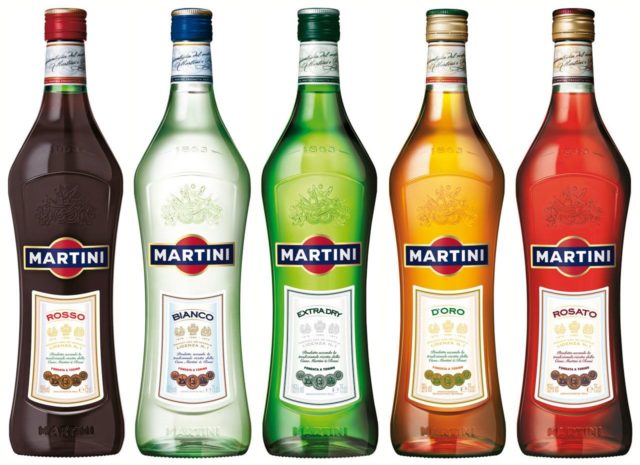
Due to the presence of various herbs in the composition, there is a high likelihood of developing hypersensitivity reactions when drinking alcoholic tincture.
If you are allergic to this product, the following complications may occur:
- swelling of the throat;
- rashes on the skin;
- airway stenosis.
In case of intolerance to herbs, citrus fruits, spices, extracts from which are part of vermouth, it is better to refuse its use. You can check the body's reaction by drinking 20 ml on an empty stomach.
Conclusion
The composition of the martini differs depending on the type of vermouth. Previously, only white wines were used for preparation, but over time, the recipe has changed. Now for the production of some brands, they take mixtures of different varieties. But they are all prepared on the basis of combinations of herbs, spices, citrus fruits.

